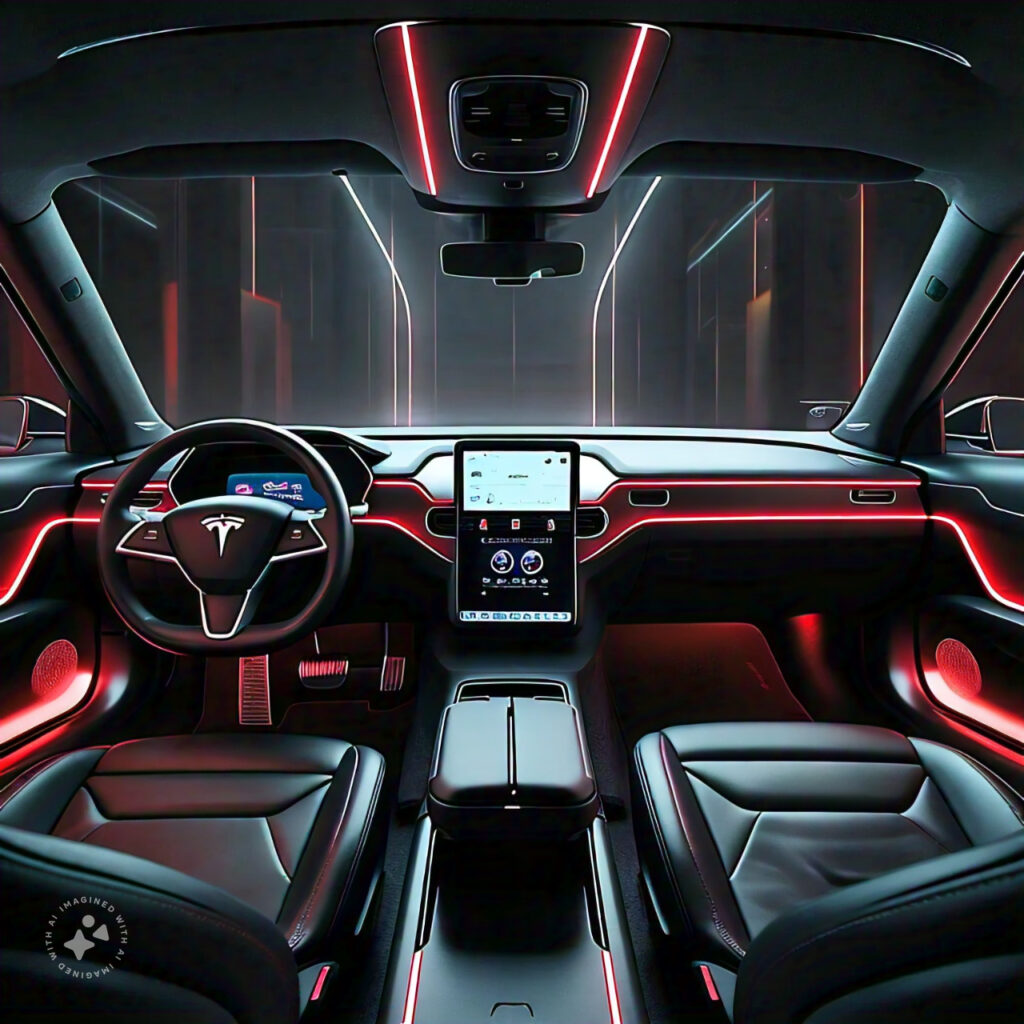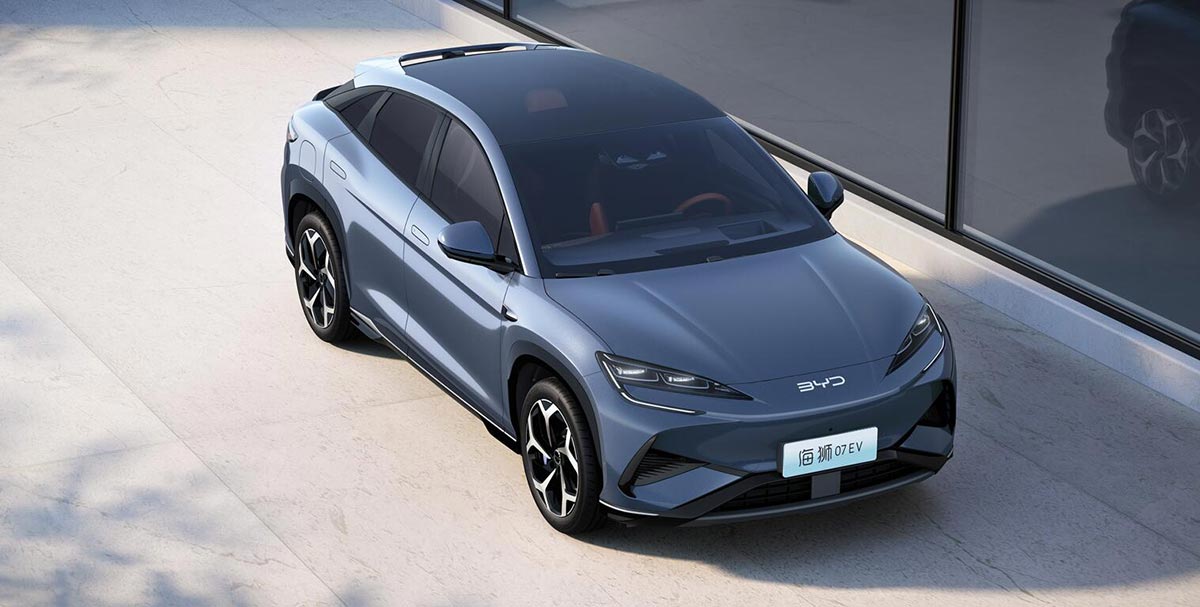Introduction: The Shift to Electric Vehicles in the UK
The UK is witnessing a significant transformation in the automotive industry as electric vehicles (EVs) become more popular. With the government’s ambitious plan to ban the sale of new petrol and diesel cars by 2030, consumers are increasingly switching to electric cars, bikes, and scooters. From improved charging infrastructure to enhanced environmental consciousness, the UK is well on its way to becoming a leader in sustainable mobility.

This blog explores the emerging trends, the security features of EVs, and how electric bikes and scooters complement the larger EV movement.
1. Rise of EV Adoption in the UK
- Government Incentives: Grants up to £2,500 for new EV purchases and exemptions from road tax encourage adoption.
- Charging Infrastructure Expansion: Public charging points are now readily available, and companies like Gridserve and BP Pulse are leading this growth.
- Eco-conscious Consumers: The younger generation prefers environmentally friendly alternatives, boosting demand for EVs across all sectors, including cars and two-wheelers.
2. EV Car Security: Going Beyond Traditional Systems
One of the unique selling points of electric cars is their advanced security systems. These features are crucial in reassuring buyers:
- Smart Anti-theft Features: Many EVs come with built-in GPS tracking and smartphone-based monitoring. If a theft occurs, owners can disable the car remotely through apps.
- Biometric Access: Some EV manufacturers are testing facial recognition and fingerprint access instead of traditional keys.
- Cybersecurity Systems: Given the digital nature of EVs, manufacturers focus on protecting vehicles from hacking, using encrypted networks and real-time alerts.
3. E-Bikes and Electric Scooters: Revolutionizing Micro-Mobility
While EV cars lead in personal transport, electric bikes and scooters are transforming short-distance mobility in cities across the UK.
- Environmental Benefits: E-bikes and scooters produce zero emissions and reduce congestion in urban areas.
- Accessibility and Convenience: These vehicles are perfect for short commutes, especially in busy areas where cars aren’t practical. London and Manchester have dedicated lanes for scooters and bikes, encouraging more riders.
- Shared Mobility Services: Companies like Lime, Tier, and Voi offer shared e-bike and scooter services, further promoting micro-mobility.
4. Overcoming Challenges: Range Anxiety and Charging Availability
Despite the growing popularity, there are challenges associated with EV adoption:
- Range Anxiety: Some potential buyers worry about running out of battery before reaching their destination. However, newer EV models offer ranges exceeding 300 miles.
- Charging Time: While charging stations are becoming common, it still takes longer to charge an EV than refuel a petrol car. Rapid chargers, however, can now replenish batteries in 30-45 minutes.
5. Future of Mobility in the UK: A Unified EV Ecosystem
The future of transportation in the UK is a blend of personal EVs, micro-mobility solutions, and public transport running on electric energy. With better infrastructure, government support, and innovative products, the UK is building a unified, eco-friendly mobility ecosystem.
- Integration with Smart Cities: EVs and micro-mobility will seamlessly connect with public transport through apps and real-time tracking systems.
- Battery Swapping Stations: Especially for e-scooters and bikes, swapping stations could eliminate long charging times.
- Autonomous EVs: The future holds the promise of driverless EVs, making transport safer and more efficient.
Conclusion: Embrace the Change
As the UK gears up for an electric future, the combination of EV cars, e-bikes, and scooters ensures mobility options for everyone. Security innovations, along with eco-consciousness, are making these vehicles more appealing. Whether you’re buying your first electric car or using a shared scooter for your daily commute, now is the perfect time to embrace the change and be part of the green revolution.
EVs aren’t just vehicles; they represent a sustainable lifestyle. Let’s drive towards a greener future—one mile at a time!
Benefits and Challenges of Electric Vehicles (EVs) in the UK
As the UK shifts towards sustainable mobility, electric vehicles (EVs) bring numerous advantages. However, there are also some challenges that need to be addressed. Below, we highlight the key benefits and losses (challenges) associated with EV cars, e-bikes, and scooters.
Benefits of EVs in the UK
1. Environmental Advantages
- Zero Emissions: EVs produce no tailpipe emissions, contributing to cleaner air and reduced carbon footprint.
- Noise Pollution Reduction: Electric motors are quieter than combustion engines, making cities less noisy.
2. Cost Savings for Consumers
- Lower Running Costs: Electricity is cheaper than petrol/diesel, and EVs have fewer moving parts, reducing maintenance expenses.
- Incentives and Subsidies: Government grants, tax exemptions, and free parking zones for EVs promote adoption.
3. Advanced Technology & Security
- Smart Features: EVs often come with the latest technology, including autonomous driving and smart infotainment systems.
- Enhanced Security: Many EVs offer GPS tracking, remote access, and advanced anti-theft measures like biometric locks.
4. Better Driving Experience
- Instant Torque: EVs offer smooth acceleration and better handling due to their low center of gravity.
- Access to Low Emission Zones (LEZ): EVs are exempt from congestion charges in cities like London, saving drivers money.
5. Micro-Mobility for Urban Areas
- Convenient Commutes: E-bikes and scooters are ideal for short trips and help reduce traffic congestion.
- Shared Mobility Services: Platforms like Lime, Voi, and Tier make it easy to rent bikes and scooters on demand.
Challenges (Losses) of EVs in the UK
1. High Initial Cost
- Expensive Purchase Price: EVs are often more expensive upfront than petrol or diesel cars, despite government grants.
- Battery Replacement Cost: Although rare, replacing EV batteries is costly and may become an issue with older vehicles.
2. Range Anxiety and Charging Infrastructure
- Limited Range: Many EVs have a range of 150-300 miles, which may cause concern for long trips.
- Charging Time: Even with rapid chargers, it takes longer to charge an EV than to refuel a conventional car.
- Insufficient Charging Stations: Although improving, some rural areas still lack adequate charging infrastructure.
3. Battery and Environmental Concerns
- Battery Production Impact: Mining lithium, cobalt, and nickel for batteries has environmental and social implications.
- Battery Recycling Issues: Efficient recycling systems for EV batteries are still under development.
4. Weather and Performance Limitations
- Reduced Range in Cold Weather: Batteries tend to drain faster in cold climates, impacting driving range.
- Limited Scooter and Bike Usability: Rain and snow can make riding electric bikes and scooters unsafe or impractical.
5. Cybersecurity Risks
- Hacking Concerns: The smart features in EVs open the possibility for cyberattacks, with hackers potentially accessing vehicle systems.
- Data Privacy Issues: Some users may feel uneasy about the amount of data shared between the vehicle and the manufacturer.
Conclusion: Weighing the Pros and Cons
Electric vehicles are paving the way for a greener future, offering numerous benefits such as lower emissions, cost savings, and cutting-edge technology. However, challenges like high upfront costs, charging infrastructure gaps, and environmental concerns regarding battery production must be addressed for broader adoption.
The UK is on the right track, with policies and innovation working to overcome these obstacles. For consumers, the decision to adopt EVs involves balancing the long-term benefits with current limitations. Whether choosing an electric car or a scooter for urban travel, embracing EVs is a step towards sustainable and eco-friendly transportation.
Frequently Asked Questions (FAQ) about Electric Vehicles (EVs) in the UK
Below are common questions and answers related to electric cars, e-bikes, and scooters in the UK.
1. What is an electric vehicle (EV)?
An EV is a vehicle powered entirely or partially by electricity. There are two main types:
- Battery Electric Vehicles (BEVs): 100% electric with no fuel engine.
- Plug-in Hybrid Electric Vehicles (PHEVs): Use both electricity and petrol/diesel.
2. What are the advantages of using EVs over petrol or diesel vehicles?
- Eco-friendly: Zero tailpipe emissions, reducing air pollution.
- Cheaper to Run: Lower fuel and maintenance costs.
- Tax Benefits: Exemption from road tax and congestion charges in many UK cities.
3. What are the government incentives for EVs in the UK?
The UK government offers several incentives, including:
- Plug-in Grant: Up to £2,500 for eligible electric cars.
- No Road Tax (VED): EVs are exempt from vehicle tax.
- Free or Discounted Parking: In some areas, EVs enjoy free parking.
- Grants for Home Chargers: Up to £350 towards installing home charging points.
4. How far can an EV go on a full charge?
Most modern EVs offer a range of 150-300 miles per charge. High-end models, like the Tesla Model S, can exceed 370 miles. However, cold weather and driving style can impact range.
5. How long does it take to charge an EV?
- Home Charging: 6-12 hours using a standard wall charger.
- Public Rapid Chargers: 30-45 minutes to charge up to 80%.
- Fast Chargers: Typically take 2-4 hours at public stations.
6. Are there enough charging stations in the UK?
Yes, the UK has over 40,000 public charging points across the country, and more are being added every day. Major providers include BP Pulse, Gridserve, and Instavolt. However, rural areas may still have limited coverage.
7. Are EVs really cheaper to maintain than petrol cars?
Yes! Since EVs have fewer moving parts (no oil changes, fuel filters, or exhaust systems), maintenance costs are generally lower. Regenerative braking also reduces wear on brake pads.
8. Can I use an electric bike or scooter in the UK?
- E-bikes are allowed on UK roads and cycle lanes, provided they have a motor power limit of 250W and a speed cap of 15.5 mph (25 km/h). No license or insurance is needed.
- Electric scooters are currently only legal for use on private property or in rental trials managed by cities like London, Bristol, and Birmingham. Personal scooters cannot be used on public roads yet.
9. What are the environmental impacts of EV batteries?
While EVs produce zero emissions, the production of lithium-ion batteries involves mining materials like lithium and cobalt, which has environmental and social impacts. However, recycling programs are improving to reduce this footprint.
10. What happens if my EV runs out of battery?
If your EV runs out of power:
- Roadside Assistance Services: Many providers, such as the AA or RAC, offer EV-specific roadside assistance.
- Emergency Charging Points: Rapid charging points are increasingly available on highways and service areas to prevent this scenario.
11. Are electric vehicles safe from hacking?
EVs come with robust cybersecurity systems, but as with all connected devices, there is some risk. Manufacturers use encryption and over-the-air updates to address potential vulnerabilities and enhance security.
12. How long do EV batteries last?
EV batteries typically last 8-15 years before needing replacement, depending on usage and maintenance. Most manufacturers offer battery warranties of 8 years or 100,000 miles.
13. Are electric vehicles good for long trips?
Yes! While range anxiety can be a concern, many new EVs offer over 300 miles on a single charge, and the UK’s rapid charging network makes long trips more convenient.
14. What’s the future of EVs in the UK?
By 2030, the UK plans to ban the sale of new petrol and diesel cars. The future will see improvements in battery technology, faster charging, and more affordable models, along with the rise of autonomous electric vehicles.
15. Should I switch to an electric vehicle now?
Yes, if you are looking for:
- Lower running costs
- Environmental benefits
- Access to government incentives
However, consider your driving habits, access to charging infrastructure, and budget before making the switch.

